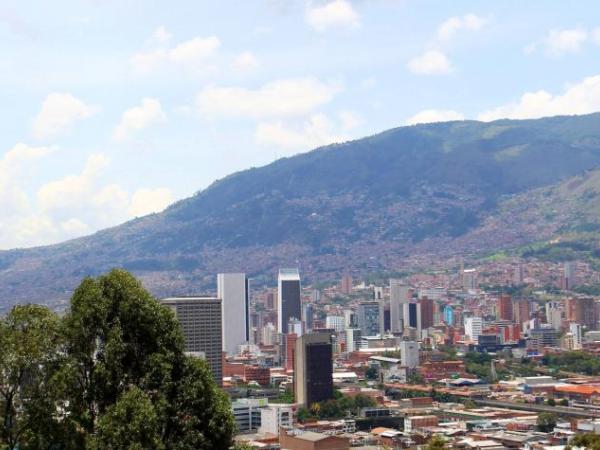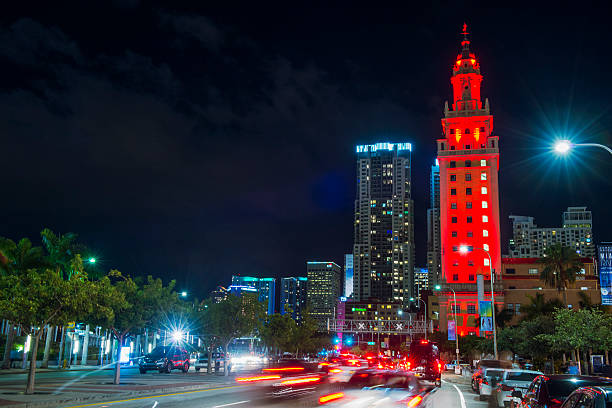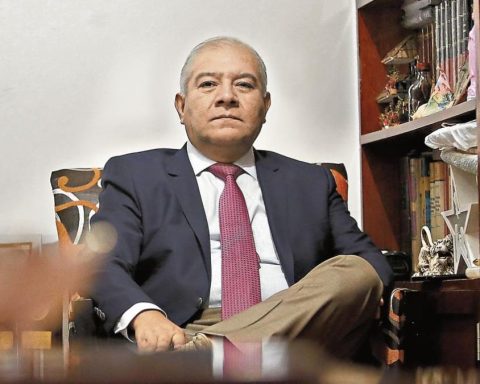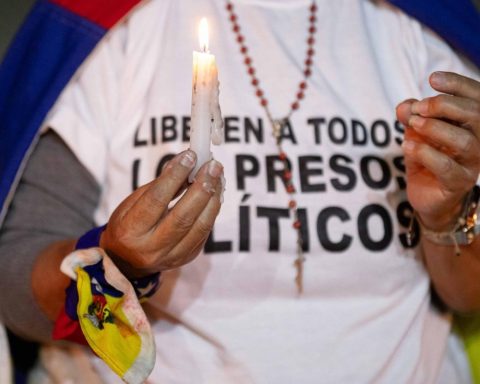Strengthening Medellín’s position abroad, but above all in the Asian market, is one of the plans for the future that the Cooperation and Investment Agency of Medellín.
(Read: Weak finances and high trade deficit, country’s challenges).
This was pointed out to Portfolio Jonathan Ballesteros, the director of International Relations of the entity, which commemorates two decades of activity.
In this period, Ballesteros highlights, the capital of the department of Antioquia has received US$3.4 billion in certified foreign direct investmentfor the entity and have managed US$117 million in international cooperation.
So far this year they have reported US$75 million in FDI for the metropolitan territory and US$4.5 million in cooperation for the Development Plan programs.
Now, it is worth clarifying that these amounts are equivalent, according to the executive, to the activity certified by the companies.
(Also: The OECD sees the Petro tax as positive and considers it necessary).
“These figures have meant favoring the metropolitan territory with 28,000 new jobs and all this cooperation exercise has allowed large strategic works, such as the Ayacucho Tram, such as the Metrocables, the public bicycle system, the integrated transport system and adaptation projects to climate change have been carried out in the city, improving mobility, the environment and the social development of the communities”, pointed out Ballesteros.
On this last point, adaptation to climate change, the executive mentioned that “it is the most important challenge” that the city currently faces.
“The challenge that we assume in international cooperation are the challenges of climate change. Medellin has had two years of intense rains and has had to adapt its urban infrastructure to avoid natural disasters”, he indicated.
According to the report, the city ‘of eternal spring’ is overturning its once industrial textile and manufacturing vocation for new technologiessuch as industry 4.0, a sector that is “already beginning” to be one of the most important indicators in the city’s territory.
Looking to the future, Ballesteros mentioned that “they want to strengthen” cooperation with those territories with which they have already worked, such as Spain, the United States or South Korea. “It’s also sending the message of a city ready for investment to new markets, particularly Asian ones,” he said.
BRIEFCASE

















